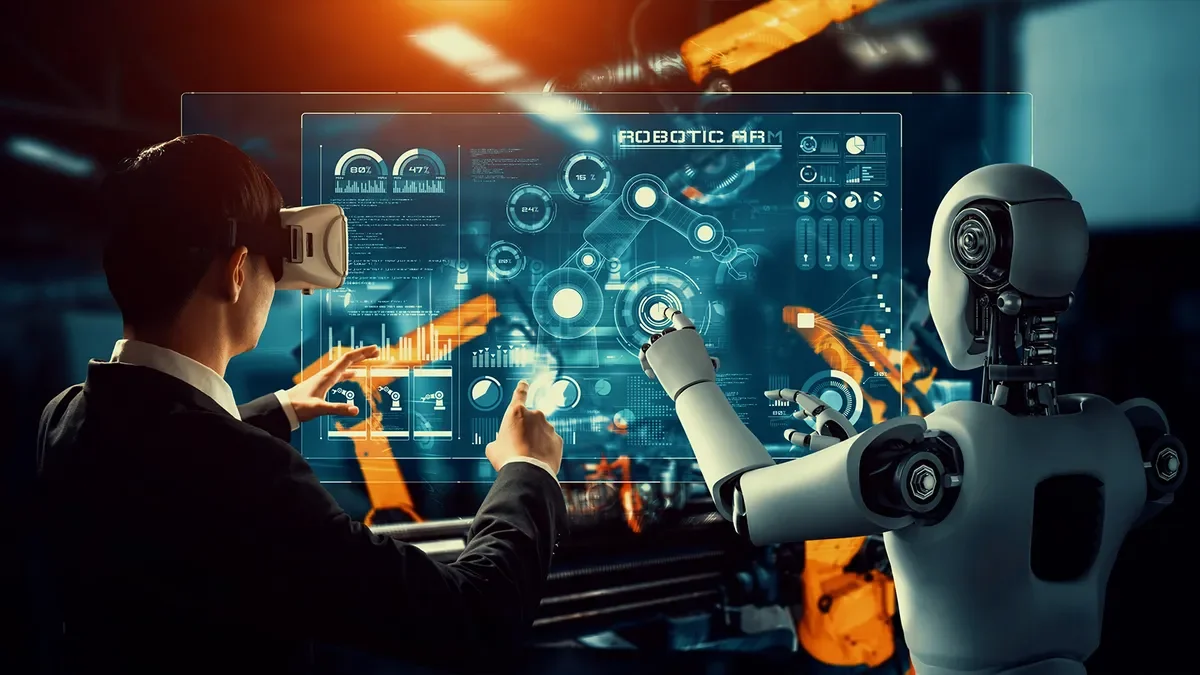From industrial collection lines to domestic assistants, robotics revolutionized how we interact with machines. When science fiction is now part of our everyday lives. Robotics link engineering, artificial intelligence and automation to design machines that can traditionally perform the features performed by humans – often fast, more accurate and without fatigue.
What is Robotics?
Robotics is a branch of technology related to design, construction, operation and use of robots. A robot is a programmable machine capable of automatically performing complex features, often with a certain level of autonomy or artificial intelligence (AI).
Applications of Robotics
- Manufacturing: Industrial robots are widely used in car production, electronics and repetition, packaging for high collective functions.
- Healthcare:Surgical robots help doctors with delicate procedures, while rehabilitation robots help with the patient’s improvement.
- Agriculture: Robots are used for monitoring, harvesting and monitoring of crops with minimal human intervention.
- Exploration: Rovers like robots are sent to space or underwater where humans cannot go safely.
- Home and Service Robots: From robotic vacuum cleaner to automatic customer servicebot, robotics go into daily life.
Benefits of Robotics
- Efficiency: Robots can work 24/7 without breaks or downtime.
- Precision: Machines can perform tasks with a high degree of accuracy.
- Safety: Dangerous jobs, like bomb disposal or chemical handling, can be done by robots.
- Cost-saving: Over time, automation can reduce labor costs and increase productivity.
Challenges in Robotics
- High Initial Cost: Designing and deploying robots can be expensive.
- Job Displacement: Automation may replace some types of human labor.
- Complex Programming: Making robots behave like humans in complex environments is a technical challenge.
- Ethical Concerns: Questions around responsibility, safety, and privacy remain as robots become more intelligent.
The Future of Robotics
As AI and machine learning continue to move on, robots will become more optimal, intelligent and human -like. We are already looking at the emergence of humanoid robots that can go, talk and even learn from the surroundings. Over the coming years, robotics will play an important role in smart cities, elderly care, education and even emotional support.
Conclusion
Robotics is not just about machines – this is about shaping the future again. With the right balance between technology and morality, robots can be powerful tools that improve life, promote industries and find out the boundaries that we never thought. The age of robotics is here, and that’s just the beginning.





